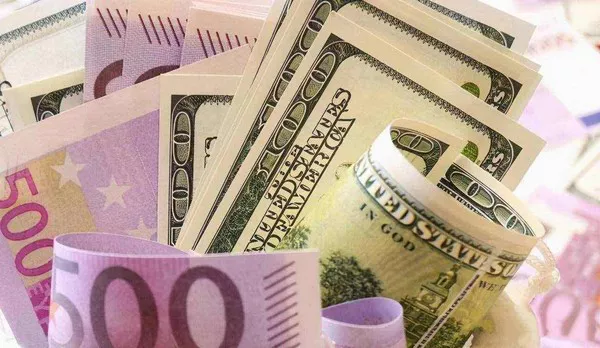On Tuesday, during European trading hours, the EUR/GBP cross relinquished its earlier gains, hovering lower around 0.8620. This downward movement followed a release of mixed Purchasing Managers Index (PMI) data from both the United Kingdom (UK) and the Eurozone, exerting pressure on the currency cross.
In the UK, the preliminary S&P Global/CIPS UK Manufacturing PMI for April disappointed, sliding to 48.7 compared to expectations of remaining steady at 50.3. Conversely, Services PMI exhibited strength, climbing to 54.9 against forecasts of 53.0 and the prior reading of 53.1. The Composite PMI for April also showed improvement, rising to 54.0 from the previous 52.8.
Meanwhile, in the Eurozone, the preliminary Manufacturing PMI for April fell short of expectations, dropping to 45.6 from the anticipated 46.5 and the prior 46.1. However, Services PMI outperformed predictions, reaching 52.9 compared to the estimated 51.8 and the previous 51.5. The Composite PMI for April registered a higher reading of 51.4, surpassing both the prior 50.3 and the expected 50.8.
Following the release of German PMI data, the Euro experienced a gain. April’s preliminary German Manufacturing PMI rose to 42.2, slightly below the forecasted 42.8 but up from March’s 41.9, marking a two-month high. Services PMI also exhibited notable improvement, reaching 53.3, surpassing the market’s expectation of 50.6 and hitting a ten-month high. The Composite Output Index for April stood at 50.5, exceeding both the expected 48.6 and March’s 47.7, also reaching a ten-month high.
According to Reuters, European Central Bank (ECB) Vice President Luis de Guindos mentioned in a newspaper interview the ECB’s intention to decrease interest rates in June. However, he emphasized the need for caution regarding future actions and the significance of considering signals from the US Federal Reserve (Fed).
On the UK side, interest rate futures suggest full pricing for a quarter-point rate cut by the Bank of England in August, with expectations of two rate cuts by year-end. The growing speculation about rate cuts by the BoE is exerting downward pressure on the Pound Sterling (GBP).



























